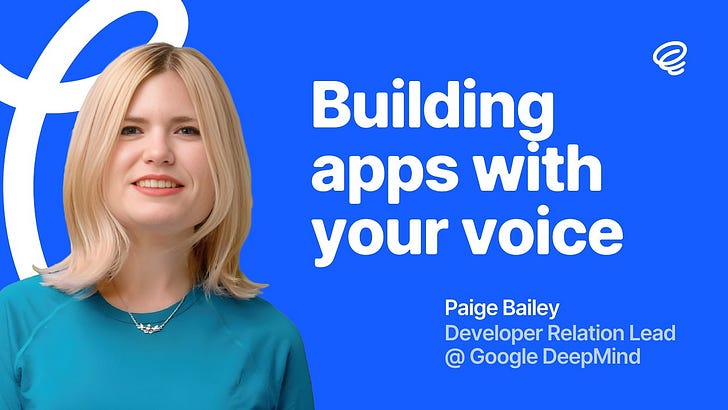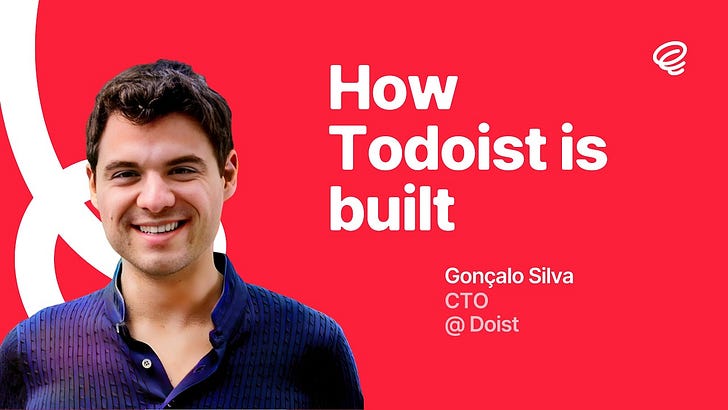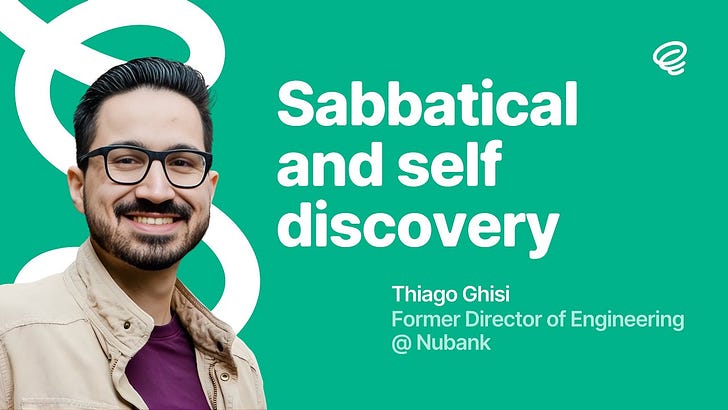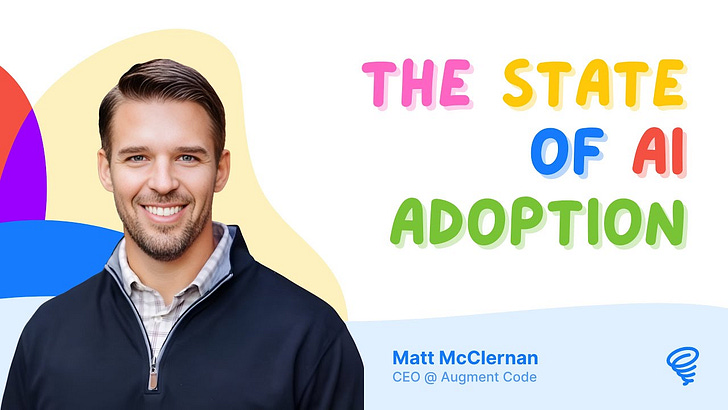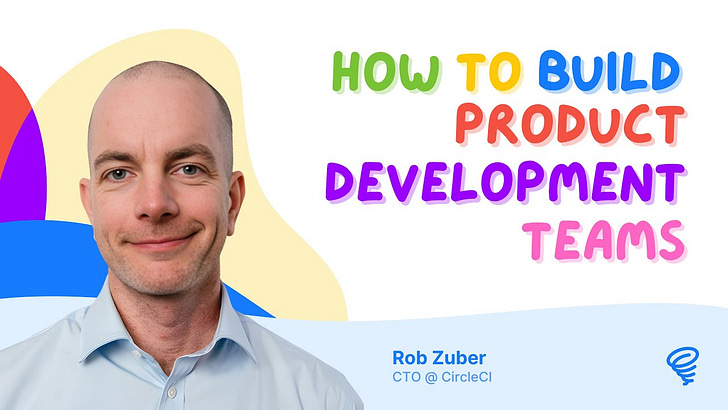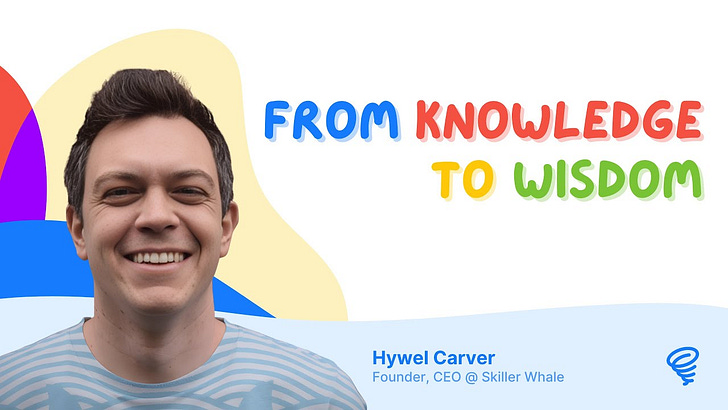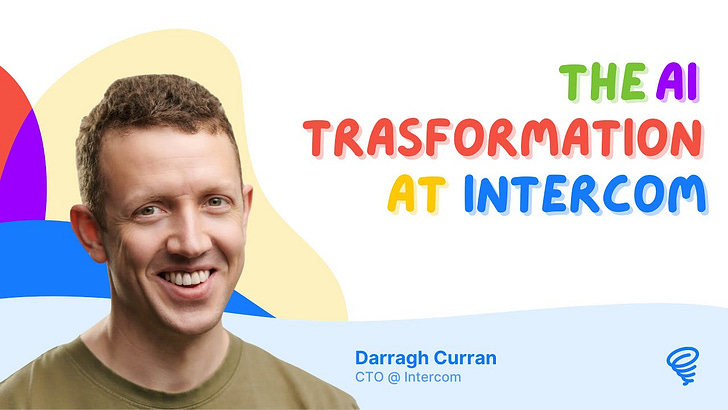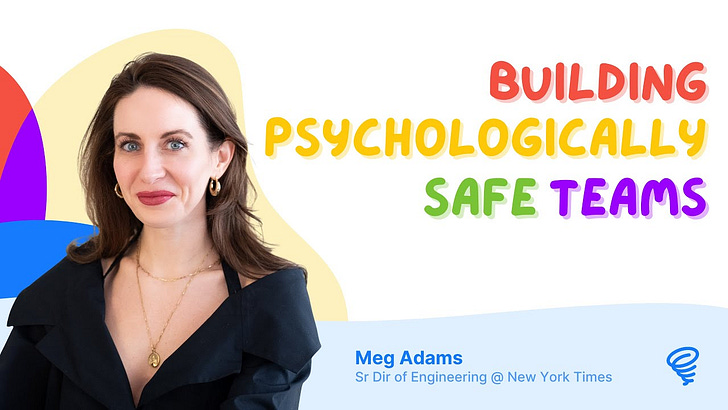Today's guest is Meri Williams!
Meri is the CTO of Pleo and the host of LeadDev conferences for more than 10 years.
With Meri, we talked about:
Diversity, why it is such a controversial topic, why diverse teams make for stronger teams, and what are the mistakes engineering leaders should avoid.
Then we took from their experience with Lead Dev to explore what makes for a good talk, and what Meri looks for when they select the best ones.
We explored how AI is going to change how we develop engineers and grow junior co-workers.
Today’s sponsor is Augment Code the only AI engineering platform built for real engineering teams.
Learn more at augmentcode.com!
🥇 Interview Summary
If you are a 🔒 paid subscriber 🔒 you will find my own summary of the interview below.
It’s the 10-minute, handcrafted takeaways of what we talked about, with timestamps to the relevant video moments, for those who don’t have time to sit through the 1-hour chat.
Here is the agenda for today:
🚀 Meri's Unique Career Journey (01:55)
🌍 The Case for Diversity: Data, Challenges & Solutions (12:16)
🎤 Creating Memorable Talks & Conferences (23:14)
🤖 Developing Engineers in the Age of AI (33:19)
Let's dive in 👇
1) 🚀 Meri's Unique Career Journey (01:55)
Meri's path into tech began with hardware hacking as a teenager, including the remarkable experience of helping build part of South Africa's first satellite at age 16. After studying computer science in the UK, they spent their first decade at Procter & Gamble — an unusual start that gave them early exposure to corporate leadership development.
Their transition to modern tech came through an unexpected opportunity. Tom Loosemore called them with a proposition: "Hey, we're going to fix the government. Come help us do that. This is a once in a lifetime opportunity."
"The most exciting start-up in London right now is in the government." — Tim O'Reilly, referring to the Government Digital Service
At GDS, Meri built the team that created Gov.UK, experiencing rapid scaling from 30 to 300 people in just nine months. This unconventional journey — starting corporate, then moving to government, and finally to scale-ups and startups — gave them a unique perspective on leadership.
💼 Early commercial exposure — learned finance, marketing, and business operations at 23
👥 Management experience — managed people older than their father from a young age
🏛️ Government innovation — proved that rapid iteration could work in traditional institutions
This reverse trajectory provided Meri with leadership and commercial skills that most engineers don't develop until much later in their careers, if at all.
2) 🌍 The Case for Diversity: Data, Challenges & Solutions (12:16)
When confronting skeptics of diversity initiatives, Meri leads with data: diverse teams are more innovative, profitable, creative, and likely to succeed. But they go deeper into why this matters:
"If you are a woman in the tech industry and you have gotten to senior software engineer, it is at least twice as hard for you as it was for anybody else... They're almost always worth more than somebody else in the same role."
Meri reframes the meritocracy argument: if someone from an underrepresented group has reached a senior level, they've overcome additional barriers that others haven't faced. This suggests higher capability, not lower.
The Three Critical Questions
People considering whether to join or stay at a company ask themselves:
Am I expected here? — Is someone like me supposed to be in this role?
Am I respected here? — Are my differences seen as a bug or a feature?
Can I be myself and be successful? — The most important question
Getting the Order Right
Most organizations approach diversity backwards. Instead of starting with recruitment marketing, Meri recommends:




